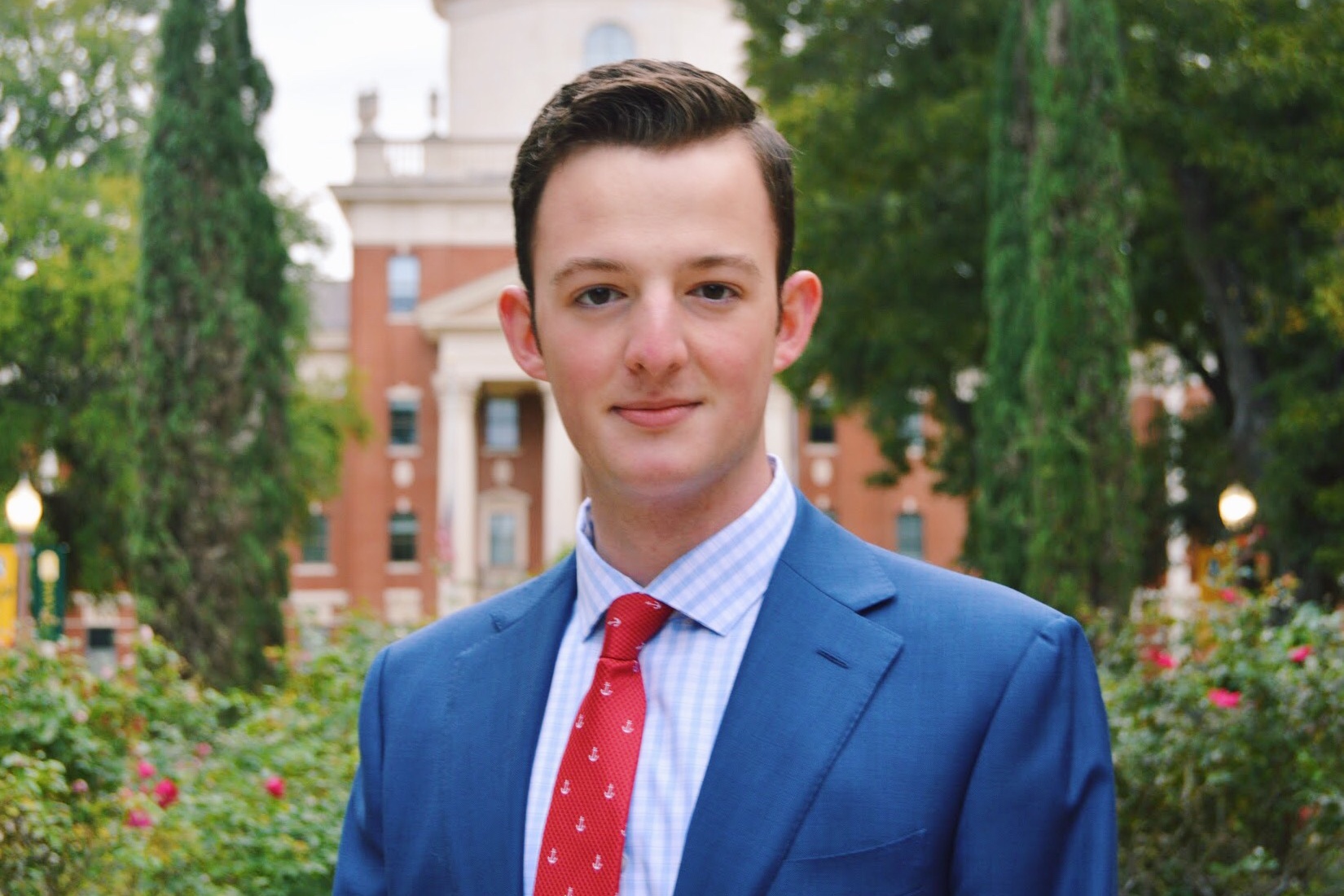Paulo Freire published his famous work, The Pedagogy of the Oppressed in 1968. His philosophy still permeates many of today’s thinkers and philosophers.
Freire, a Brazilian, saw extreme poverty in his country and incorporated a Marxist class structure into his philosophy. Seeing every individual as a collective member of either the oppressed or the oppressors, he delineates what he believes is true and right for both social categories in his pedagogy.
Dr. David Corey, professor of political philosophy at Baylor University has explained liberalism as nine movements throughout history. Among these movements are religious liberty, freedom from civil war, freedom from foreign invasion, freedom from arbitrary rule, and others. Freire is steeped well into the eighth wave which is freedom from social and economic oppression. Thought leaders within this liberal movement include Karl Marx and Frederick Engels. A liberal on this wave of movements seeks freedom from social and/or economic oppression. How this freedom is obtained is arguably illiberal. Some speculate as to whether socioeconomic liberalism is true liberalism. Has it become something else? Or has liberalism reached its destination, and in doing so, appears to be different? In this essay, I will present the philosophical engine that is Freire’s pedagogy. I will show its strengths and weaknesses regarding the human condition. First, I will lay down the background of Freire’s philosophy so that we may better understand the issues he wishes to tackle.
Immediately, Freire opens with the idea that the problem of humanization is humankind’s “central problem.” Dehumanization is, according to Freire, “a distortion of the vocation of becoming more fully human” (44). Throughout his pedagogy, this definition remains rather vague and malleable. According to Freire, “This, then, is the great humanistic and historical task of the oppressed: to liberate themselves and their oppressors as well” (44). Freire bases much of his critiques of the oppressors upon his claim that the oppressors weaponize dehumanization to suppress the underclass throughout his pedagogy. As evidenced by this claim, Marx clearly has a strong influence on Freire, as there is a consistent have versus have-not dichotomy.
What are Freire’s strengths? Freire targets an audience he refers to as the oppressed. He addresses them with strong and bellicose language approaching politics as a type of warfare. Freire uses the language of victimhood to supplicate his definition of the oppressed. He suggests the oppressed have become the “rejects of life,” and that they need a system in which they, the rejects, can “transform the world” (45). Marx addressed the proletariat, Hitler addressed the Aryans, and likewise, Freire addressed the oppressed. These three leftists share a common theme, being the weak man’s philosophy. Marx targeted those that had been shortchanged financially, saying that they have nothing to lose but their chains if they wage a revolution against the bourgeoisie. The proletariat, as the weaker and less privileged, must violently reclaim what was rightfully theirs. In Hitler’s case, the Jews were more successful and ran too many institutions for Aryans to be comfortable. Hitler then criminalized Jews, blaming them for what failures Germany encountered. Hitler’s philosophy held the Aryans as losers which had been duped into letting Jews control the country.
Freire’s rhetoric marches in lock-step with this Leftist strategy. Freire has set up a strong, yet vague goal of humanization. The Pedagogy of the Oppressed is highly empowering and motivating for his audience. By revealing injustices and the identities of those he holds culpable, Freire gives his audience a complaint, a cause, and goal: to remove the oppressors from power to achieve humanization. Freire says, “Only power that springs from the weakness of the oppressed will be sufficiently strong to free both…Who are better prepared than the oppressed to understand the terrible significance of an oppressive society?” (44-45). Just as Hitler argued that Germany is best ruled by the Aryans, Freire makes the same argument for the oppressed class in Brazil.
End Sample

Leave a comment